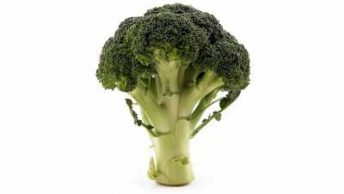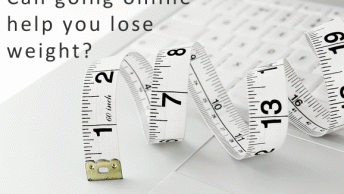Let’s face it. That iron trap of a vault you call your mind can, at times, let important information leak out. Hey, it happens to all of us. So if you’re health conscious and want to keep an accurate record of what you eat, a food journal is really necessary. Let’s look at some of the ways this visual reminder of your culinary exploits can help you out.
1. A journal records specifically what you ate and drank— Fairly obvious, referencing the items you ingest lets you know, well, what you ate and drank. Keeping a record of it leaves nothing to chance. If you’re trying to maintain a specific calorie regimen, this is a very easy way to know when you’re reaching the “I Better Not Eat That” tipping point. You might just be surprised what sneaks its way into your belly during the course of a day or week.
2. A journal helps you plan– Going to a dinner party and can’t decide if you can really afford the extra calories? By reviewing your food journal, you can easily decide whether or not it’s salad or shrimp for the evening. It just plain takes the guess work out of what you ate.
3. You can stabilize your weight– If you’ve reached your ideal weight, congratulations! But now you need to maintain it. And to do that, a food journal can help you stick to the calorie level that keeps your metabolism running at optimum speed. Remember, it’s not about dieting. It’s about changing your lifestyle.
4. Psychoanalyze yourself—OK, you’re no psychiatrist. But this is important in that it can enlighten you as to why you decided to eat something. Perhaps you were anxious, sad, or depressed. Maybe you were elated, tired or bored. Whatever the case, carefully recording your feelings could just be the key to revealing the root cause of your eating struggles. Recognizing this one fact could well be the epiphany to a new you.
5. It helps hold you accountable– Once you get in the habit of noting what you eat, you may well find that it becomes second nature. Sort of like brushing your teeth. Reviewing your journal means you’re going to answer to the toughest critic of all– yourself– if you slip up. But that’s not so bad. Use the experience to prepare for the next meeting with you so that you’ll be able to present better results…to you.
6. It works!– In a study of 1,700 obese men and women by Kaiser Permenante, those keeping a journal of what they ate lost significant amounts of weight. And, their record keeping was not perfect. But the fact they made an effort resulted in the lost pounds.
7. You can see what’s missing in your diet– If you are not eating green vegetables, you could be lacking in several nutrients such as vitamin E, zinc, folic acid the B vitamins, magnesium, iron and others that keep your body strong and healthy. Flipping through a journal that records your foods, you can easily spot these deficiencies and you can act to correct them.
It’s undeniable. Whether written or electronic, a food journal is a great way to assess and control your personal eating habits. Have you had any success with food journals?














